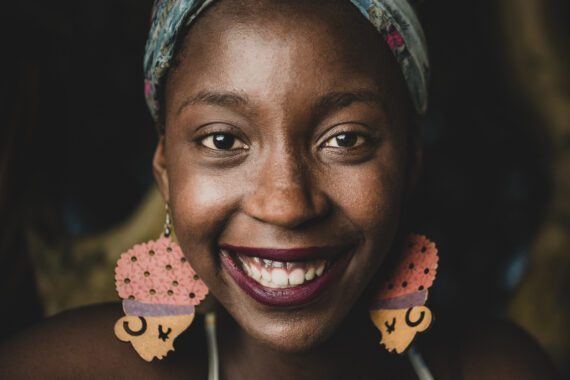Recently I was in Little Rock, Arkansas. In 1957, the city’s Central High School became famous for nine students of African descent and faith who integrated the school and became known as the Little Rock Nine. During my visit one of these youths was recognized at an award evening with over 1,000 attendees at the Samuel DeWitt Proctor Conference, Elizabeth Eckford. In 1957 she walked alone with profound courage among the angry white mob of about 400 who assaulted her with the angry screams, threats of lynching, and spitting with the complicity of the Arkansas National Guard.
March 6,1957 was also the date Ghana became the first African Sub-Saharan country to obtain independence from European colonial rule. By 1961 another woman of African heritage and faith became the country’s first woman judge appointed by Prime Minister Kwame Nkrumah – who later became president. During her tenure, she was appointed to the United Nations Commission on the Status of Women. It was this appointment that supported her drafting a working document which later became the Declaration on the Elimination of Discrimination Against Women. The declaration was adopted by the United Nations General Assembly in 1967.
The International Women’s Year of 1975 gave additional impetus to proposals to develop the declaration into a binding international convention. Work proceeded through the first few years of the United Nations Decade for Women. In 1979, the United Nations General Assembly approved the Convention of the Elimination of All Forms of Discrimination Against Women (CEDAW). Ghana, along with 63 other countries from all around the world, signed the CEDAW in July 1980, at the Copenhagen Conference that marked the mid-way point of the UN Decade for Women.
On this the, 30th anniversary of the historic Fourth World Conference on Women in Beijing, China, we are reminded that these women like Judge Jiagge played key leadership roles that led to this Conference. Indeed, the UN conference in Beijing featured over 30,000 women from around the world who brought stories of lament and hope, like the stories of Ms. Eckford and Judge Jiagge. At the same time, they brought concrete policy recommendations that affirmed women’s rights as human rights. This foundational lens for advocacy is still informing our women’s empowerment work today. This included the 2015 the Bread for the World Hunger Report entitled, When Women Flourish…We Can End Hunger. It too identified stories of women and girls with the important news that their empowerment is essential in ending hunger, extreme poverty, and malnutrition around the world.
During the launch of the Nourish Our Future campaign on Capitol Hill, with over 1100 online and 100 in the room, Bread for the World President and CEO Eugene Cho and four women speakers affirmed women’s empowerment. He said “Nourish Our Future” is a two-year campaign that partly comprises expanding the Child Tax Credit, fully funding and strengthening the Special Supplemental Nutrition Assistance Program for Women, Infants, and Children (WIC), and robustly funding global nutrition. Learn more and be a part of this historic moment and movement.
Angelique Walker-Smith is senior associate for Pan African and Orthodox Church engagement at Bread for the World.



